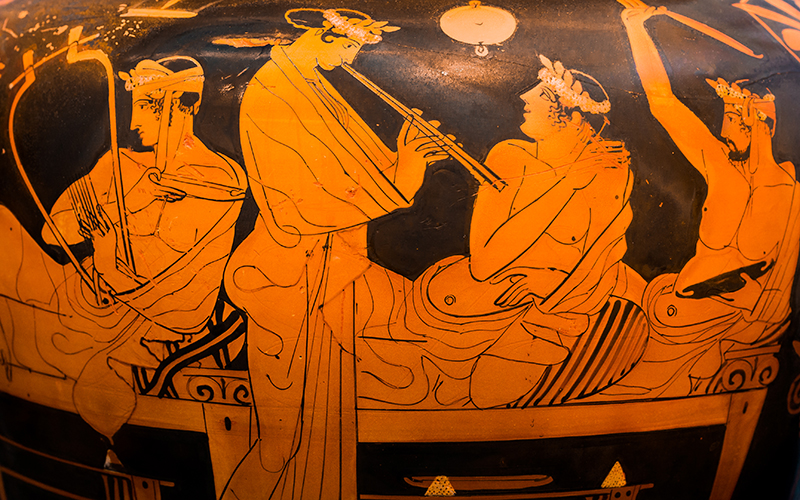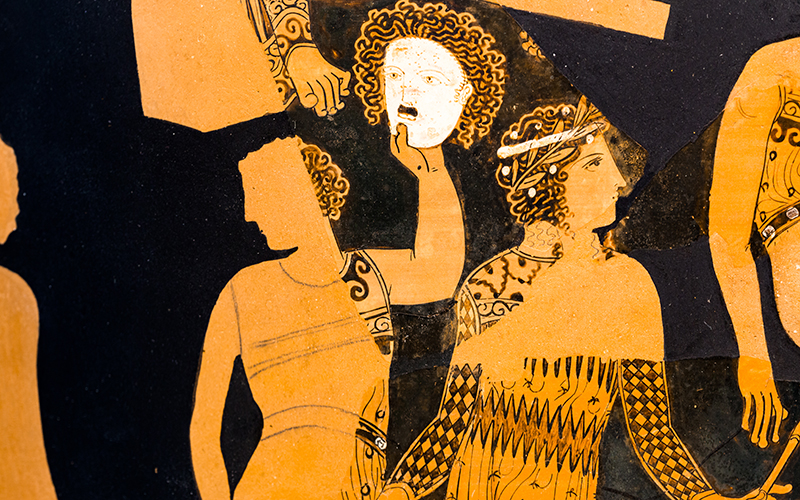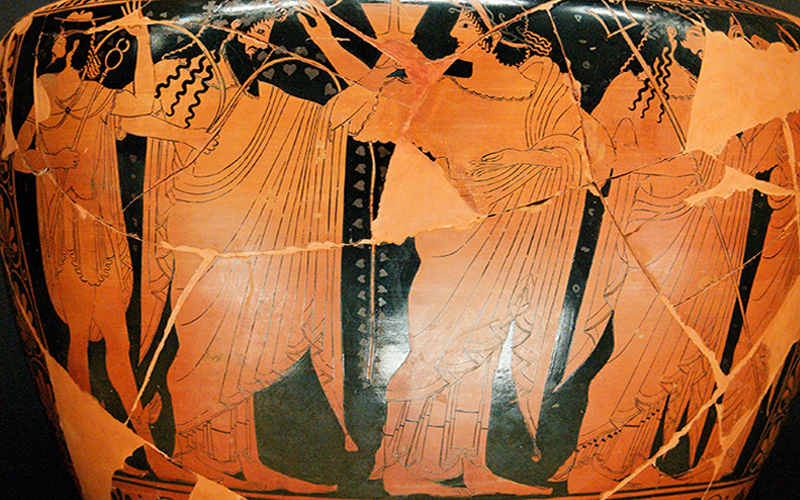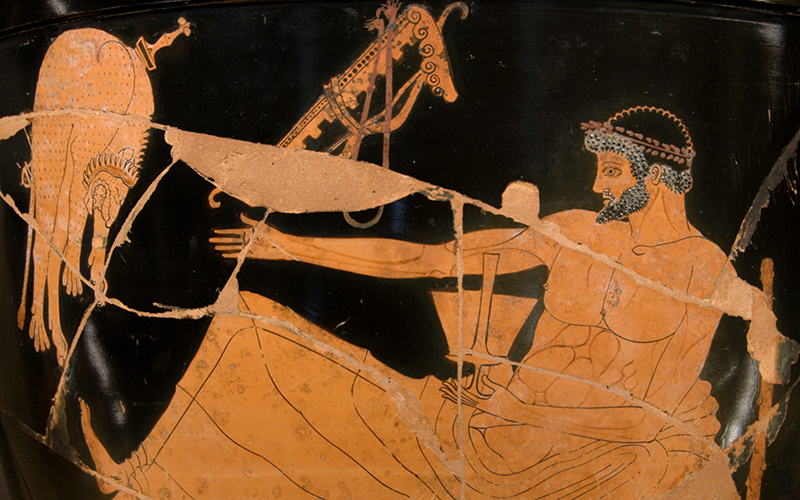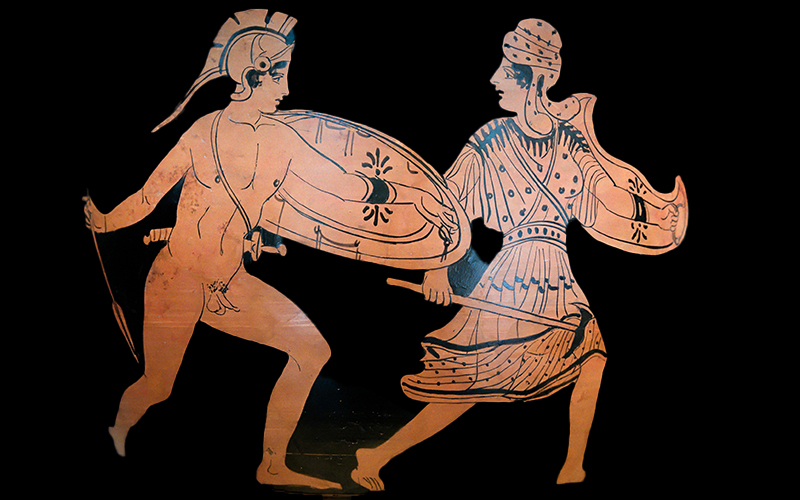
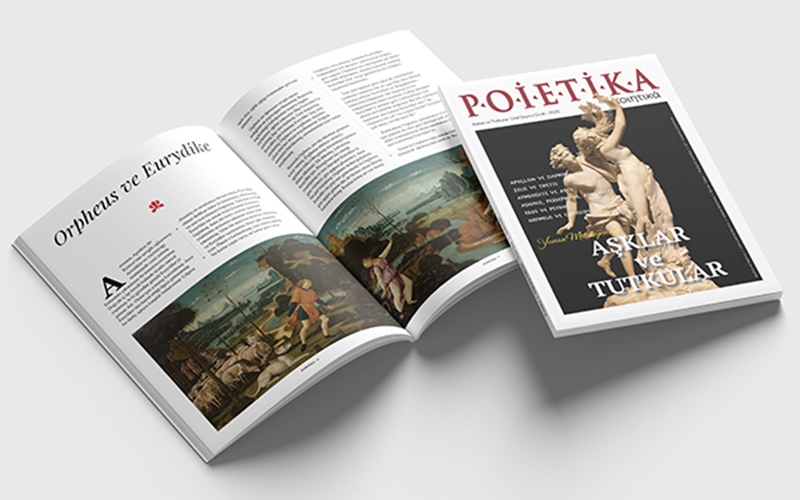



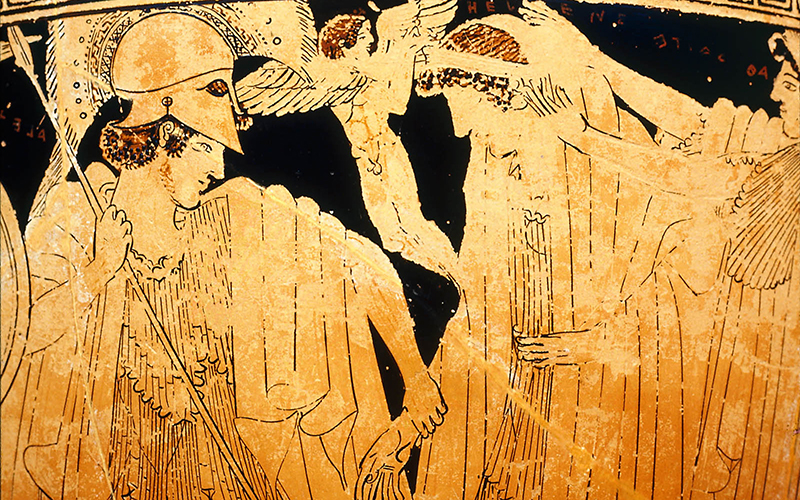
As widely known, Eris, the goddess of strife, crashed the divine banquet by tossing a golden apple inscribed with “To the Fairest” into the center of the gathering — and then vanished.
The aftermath? Pure chaos. The goddesses Hera, Athena, and Aphrodite immediately began quarreling over who deserved the title of "the fairest."
Unable to settle the matter themselves, the three turned to Zeus, demanding that he decide who the apple rightfully belonged to.
Zeus, unwilling to take sides between his wife and daughters, cleverly passed the responsibility on to Paris — a shepherd and prince of Troy, then living on Mount Ida.
He instructed them to go to Paris and let him act as the judge in what would become the first recorded beauty contest in mythology.
Each goddess attempted to sway Paris with enticing offers. Hera promised him dominion over all of Asia. Athena offered infinite wisdom and strategic prowess. But Aphrodite made the boldest move — she promised him the love of the most beautiful mortal woman: Helen of Sparta.
All of Athens — indeed, all of Greece — turned its eyes to Mount Ida, awaiting the outcome of this divine contest. Many, however, questioned the fairness of the judgment, arguing that no goddess should accept a victory won through bribes.
In the end, Paris awarded the golden apple to Aphrodite, swayed by her promise. True to her word, Aphrodite brought Paris and Helen together during a diplomatic visit.
The two lovers fled Sparta and journeyed to Troy, igniting outrage across the Greek world. The story of Helen’s abduction spread like wildfire, and soon the united Greek armies were sailing to Troy — a war that would echo through eternity.
